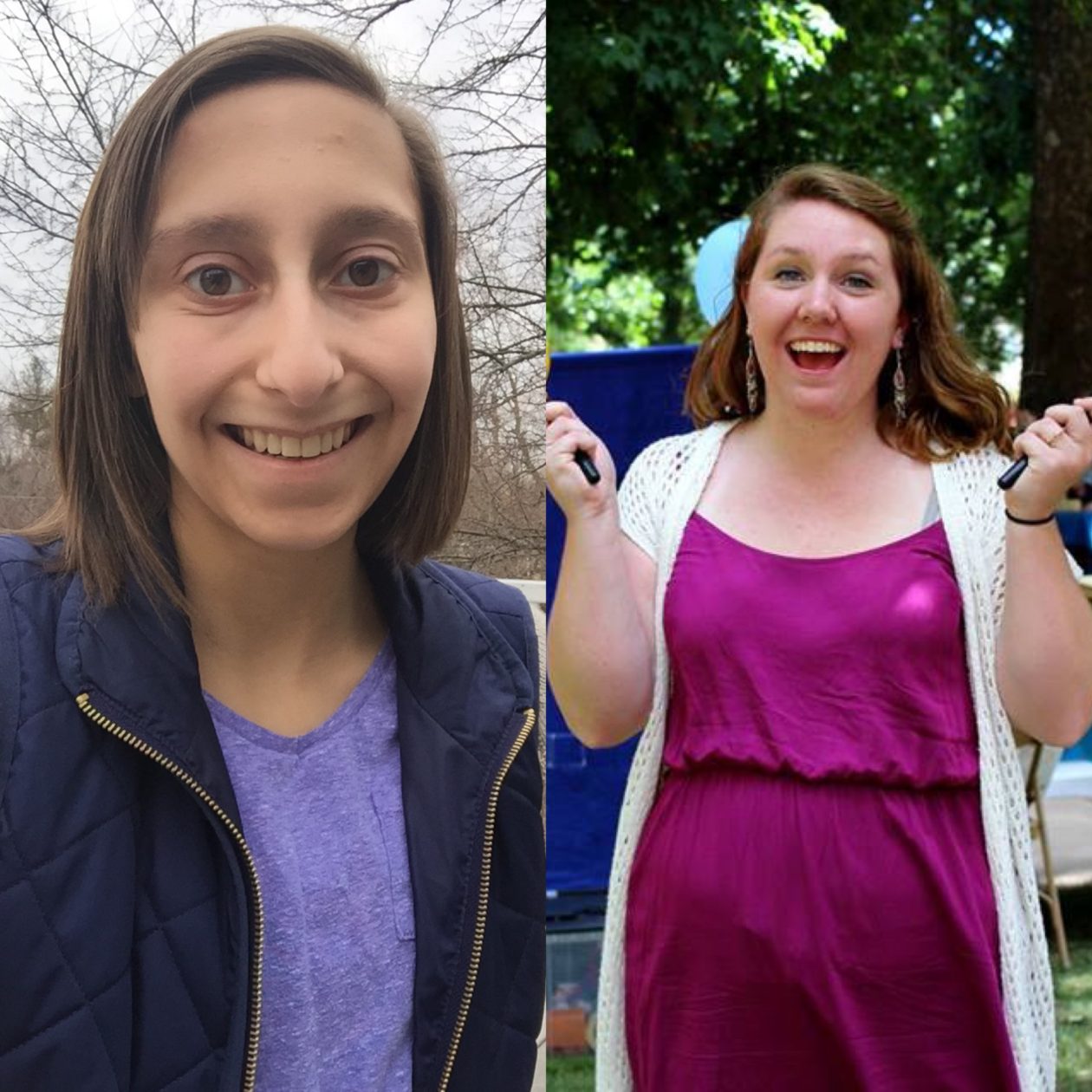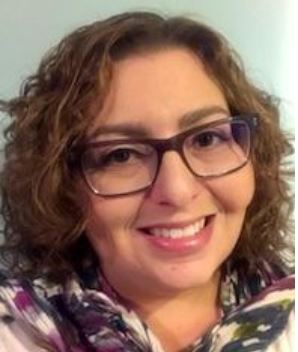
Where do you work and who are your clients?
My private practice, Greater Chicago Music Therapy Inc., serves adults of all ages in group and individual sessions wherever home is for the
client in Chicago and neighboring suburbs. We see clients in skilled nursing and assisted living care communities, adult day programs, and
work with clients in their private residences with their carepartners. We specialize in working with adults with various types of dementia,
though we see adults for other mental health and neurological health challenges as well. One of our other specialties is serving older adult
clients of Jewish background. Educating community partners and providing trainings are also a large component of our practice; our most
recent workshop was at Alzheimer’s Association’s National Headquarters. Currently, our team is growing and expanding!
What is your favorite part of your job?
This is an easy question—getting to be with people and music all day! Beyond that, one of my favorite aspects of my job is working with an
excellent professional network. Interfacing with other team members and creative arts therapists makes me a better music therapist. I also am
so grateful to be part of such a wonderful community of music therapists in the Chicago area. Several years ago during a difficult job transition,
many IL music therapy colleagues came to my aide and gave me so much assistance. I continue to feel this support as music therapists in IL
have such strong camaraderie and commitment to each other and the field. It is amazing how we as music therapists often come together to
help each other’s work, collaborate, and cheer each other on. I think the field as a whole, our clients, and communities benefit because we
bolster each other’s work and demonstrate a collegiality rare in other fields.
What inspired you to become a music therapist?
By the time I was in high school, my route toward being an oboe performance major in college was solidified. I was quite fortunate to get to
attend Interlochen Arts Camp, which simultaneously nourished my love of music and discouraged me from following the life of a musical
performer. My senior year, I took two psychology-related classes and was enamored. My parents had heard of music therapy, so when I got
to choose a special senior project shadowing a professional at their job, my school matched me with a willing music therapist. I went on to
college as a performance major as planned, but picked up a concentration in psychology and sought experiences and classes that would help
me pursue music therapy as a graduate student.
What do you do for self-care?
Like many music therapists, I am plagued with not being the greatest at work/life balance. It seems to be a bad trend in our field. I do not
always have a lot of time of self-care, but there are two things that no matter what is going on in my life, I make time for and it helps me feel a
little more balanced- getting a manicure and stopping for coffee. No matter how frantic or chaotic things are, at least my nails look great
around my cup of coffee until they reflect the wear of excessive guitar playing! Also, I had an intern once who had a wonderful ritual prior to
starting a session that I have adopted. Before entering the session space if I can, I stand in the doorway, think about the feeling of the ground
beneath my feet, turn my head to each side, take a deep breath in and out, return my head to center, then enter. It takes just a moment, but
can be so centering, refreshing, and a reminder to be present.
What’s one piece of advice you have for students or new therapists in the field?
I remember feeling a significant amount of pressure to declare which clinical population I would work with for my entire career as a beginning
student and intern. Early childhood was where I thought I would find my specialization. Then, I had a practicum on a geriatric psychiatric care
unit and was shaken by how much I loved it and the realization that I needed to switch course. I took comfort from my graduate school advisor
talking with me about the many different populations she’d worked with along her way. This helped me find the courage to take a large turn on
my path toward my first job working with older adults. So, to students and new therapists, I say take the pressure off of yourselves to try to
figure out which clinical population is the one for your career. Just explore the work that motivates, engages, and excites you.
FOR MORE INFO ABOUT REBECCA’S PRACTICE, VISIT:https://greaterchicagomusictherapy.com
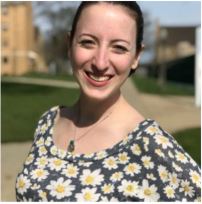
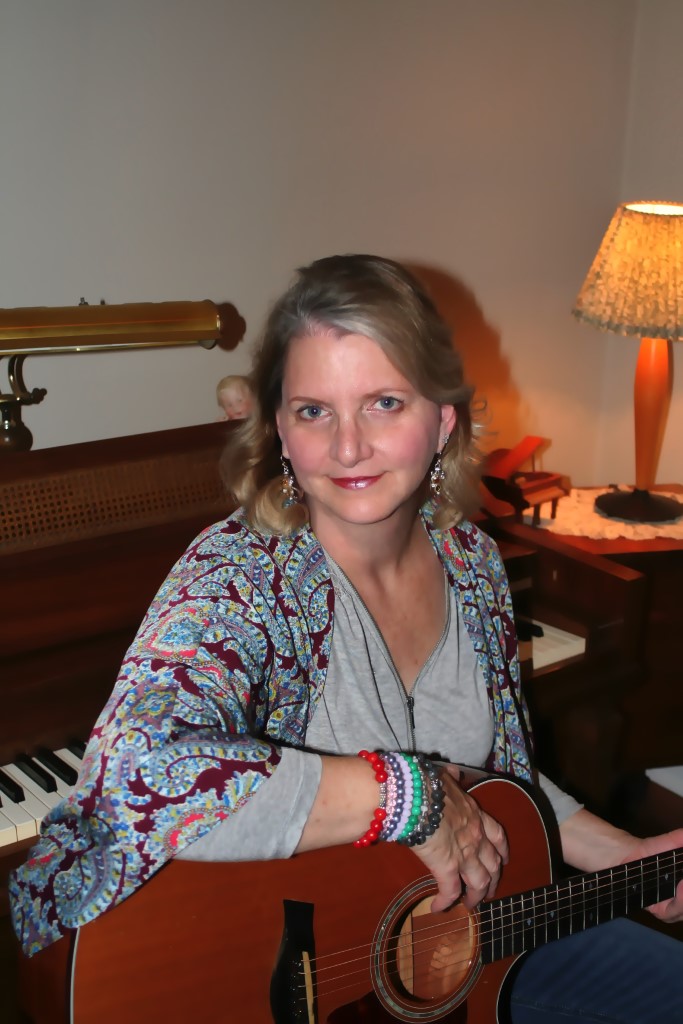


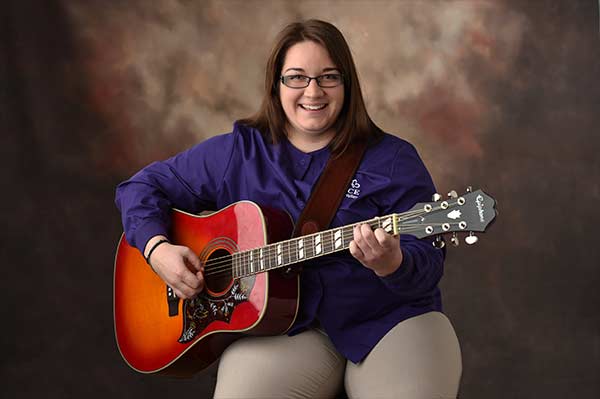
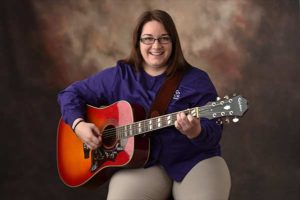 Where do you work and who are your clients?
Where do you work and who are your clients?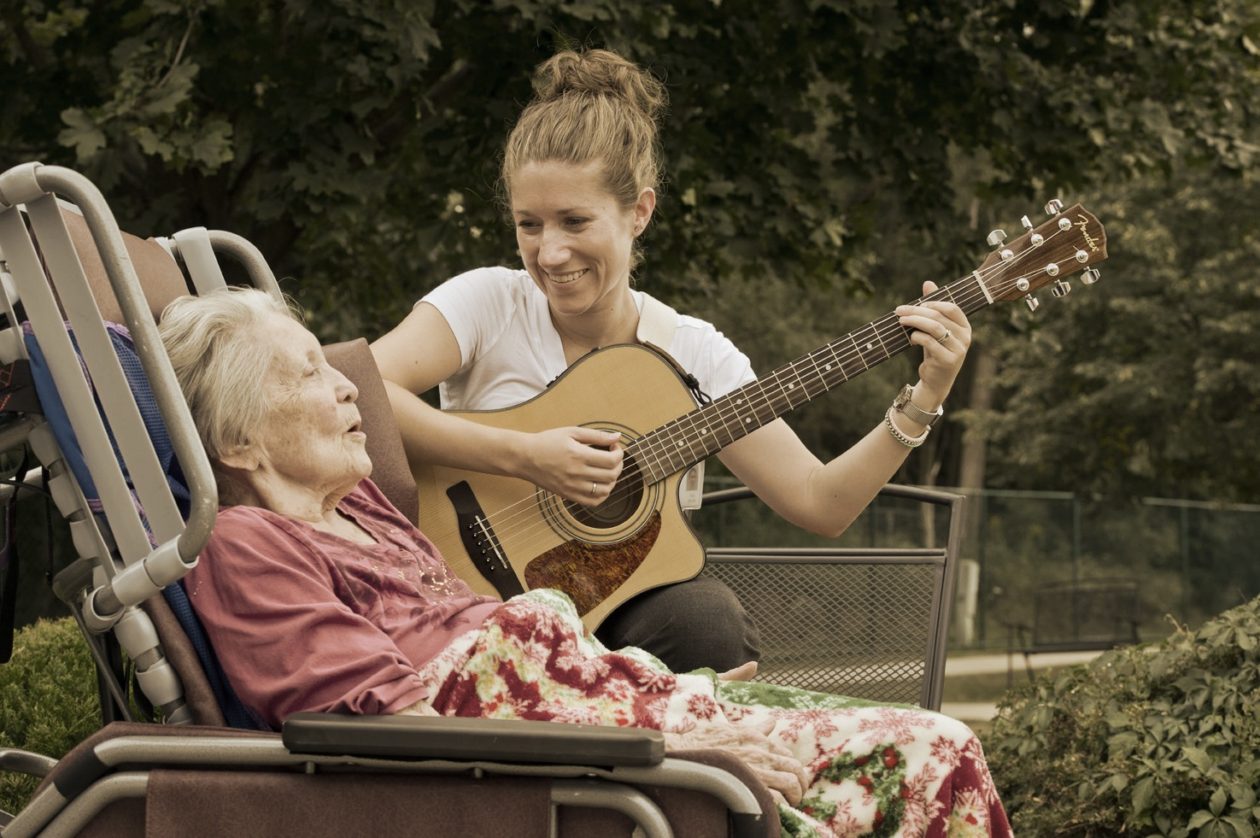
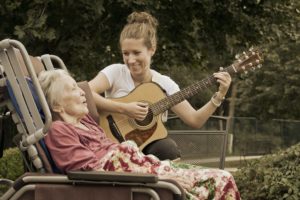 Where do you work and who are your clients?
Where do you work and who are your clients?